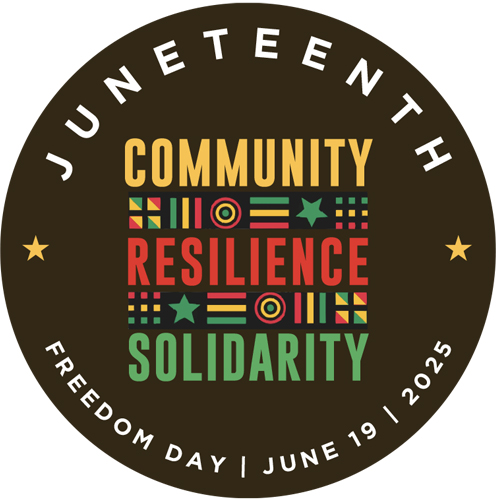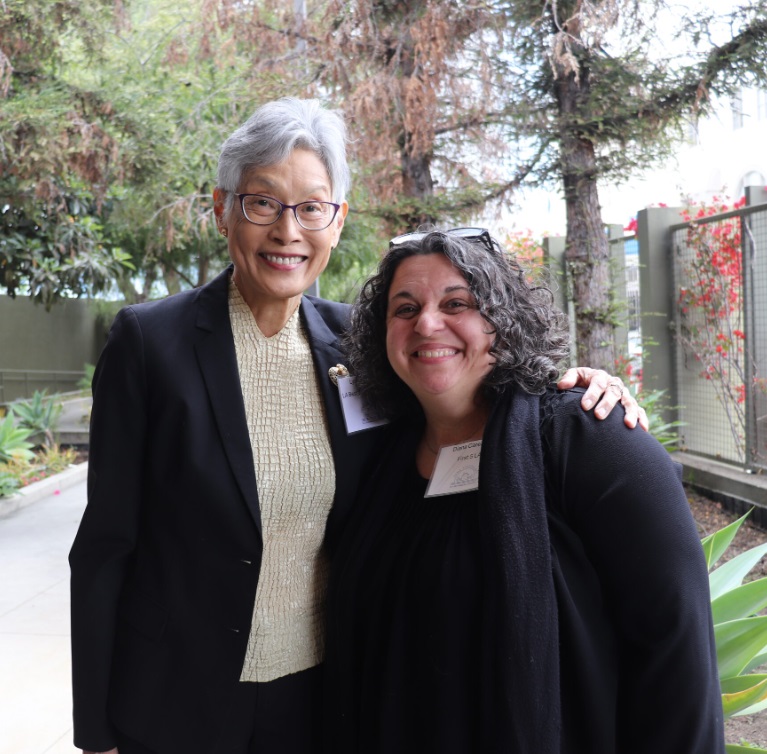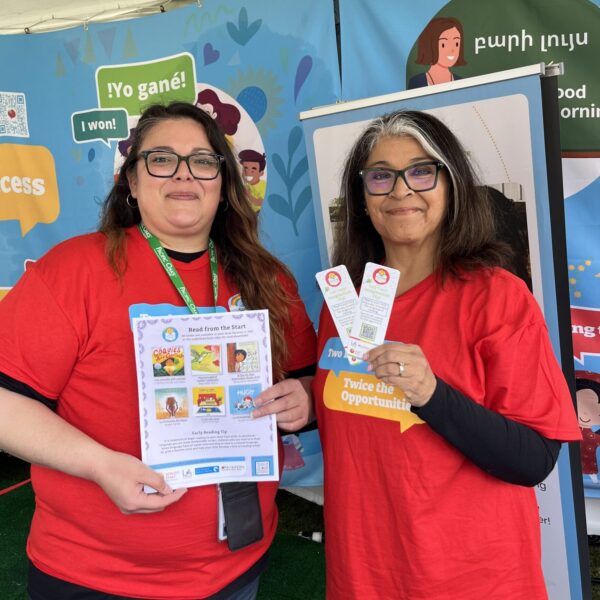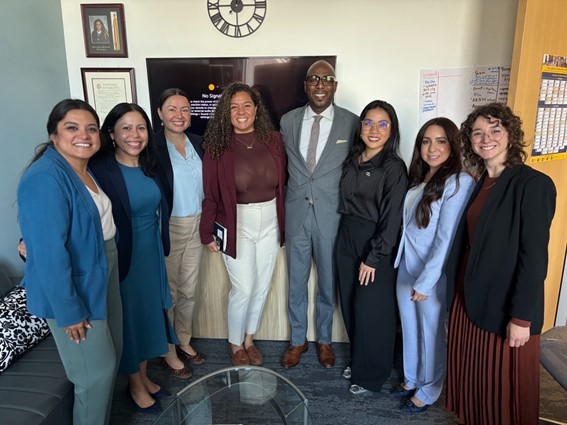By Kim Belshé and Robert K. Ross, M.D.
When Jake was a child, his parents would scream at him every day. They told him everything he did was wrong and he was worthless. One day when Jake was 4, his father threw him against the wall three times.
It was not until his mother found Jake talking to himself at age 12 that she saw he — and her family — needed help. When Jake entered therapy, he was hearing voices in his head and had a severe stutter. He never felt safe and found it hard to trust others.
Today, Jake, a 58-year-old Los Angeles resident, has generalized anxiety and panic disorder, and only stopped stuttering 15 years ago when he found an effective treatment. He also has diabetes.
Jake’s life illustrates what a decade of research has revealed: early childhood trauma sets a foundation for mental and physical health challenges as adults. Those who experience multiple incidents of extreme adversity or trauma as children, from physical abuse to living with a substance abuser, are more likely to experience health problems in adulthood.
Californians who had four or more adverse childhood experiences are five times more likely to suffer from depression
The Center for Youth Wellness reported that 61 percent of California adults have had at least one adverse childhood experience such as emotional abuse. Almost 17 percent have had at least four adverse experiences as children, which can include parental separation or divorce and neglect.
What is the connection to adult health problems? Because 80 percent of brain development occurs by age three, the way we learn, think and grow is greatly influenced by positive or negative early childhood experiences. Stress from extreme, repeated trauma during this time of growth interferes with brain development and alters the immune and nervous systems. This affects the body’s response to pain and stress, as well as a child’s ability to manage emotions, trust and interact with others. Childhood trauma dramatically changes the way children see themselves and the world.
As such, Jake’s story is not uncommon. Californians who had four or more adverse childhood experiences are five times more likely to suffer from depression, are twice as likely to have chronic obstructive pulmonary disease, and are almost three times more likely to smoke.
These connections cannot be ignored. With millions facing chronic diseases such as diabetes, cancer and stroke at a cost of over $1.3 trillion a year, we must broaden our understanding of trauma and its impact throughout the lifespan. We have the knowledge and tools to act early and promote prevention — starting with our youngest children — by utilizing trauma-informed care.
Trauma-informed care is an approach being used by health systems and organizations around the country to acknowledge the impact of trauma on individuals and its effects throughout our lives. It recognizes resilience and recovery, and addresses adverse childhood experiences at the earliest point possible through responsive, accessible and effective services that heal both the body and mind.
Recently, trauma-informed care experts shared their experiences at a convening organized by First 5 LA, the California Community Foundation, the California Endowment and the Ralph M. Parsons Foundation. This meeting brought together leaders from county systems, philanthropy and the non-profit sector to learn about current work in San Francisco and San Diego, and to make a commitment to develop an action plan for a trauma-informed care systems and policy change initiative in Los Angeles County as part of a cross-sector work group. It is the beginning of an important effort to make a difference for all our residents, especially those like Jake.
Thanks to the help he received to address his own trauma, Jake has a successful career and is known for his kind heart. He helps others through his work and is a proud father. He says therapy saved his life, and still goes through counseling today.
A trauma-informed care initiative could help the many Jakes in our lives. The economic and human cost of trauma is too huge, and we must make this effort to strengthen and heal families a priority for Los Angeles County.
Kim Belshé is executive director at First 5 LA. Robert K. Ross, M.D., is president and CEO at The California Endowment.
This opinion editorial was originally published in the Los Angeles Daily News on May 6, 2016





